When state structures reach their limits, specialized units with precise missions and absolute readiness are needed. Special forces take on tasks that are too dangerous, too complex, or too time-critical for regular forces. They operate where others would fail. These units stand for maximum tactical precision and the willingness to maintain control at all times under extreme conditions.
Definition: What is a special operations command?
A special operations command (SEK) is a special police unit trained for high-risk operations. This includes armed raids, hostage-taking, arrests of serious criminals, but also the protection of endangered persons. The SEK is supplemented by specialized subunits such as the Mobile Einsatzkommando (MEK) for observation and covert operations or the Technische Einsatzgruppe (TEG) for technical support and explosives expertise.
In the military sector, the equivalent is the Special Forces Command (KSK) of the German Armed Forces, which is deployed for foreign missions, reconnaissance, and direct combat operations, among other things. This unit operates covertly, under the highest secrecy, and with international deployability.
Typical areas of operation
The operational scenarios of special forces range from counter-terrorism measures to kidnappings and hostage-taking to covert operations abroad. Whether in urban areas or under extreme climatic conditions, these units must be able to act quickly and efficiently at all times.
Special police units such as the SEK or GSG 9 are deployed in acute threat situations within Germany, while military units such as the KSK operate worldwide – for example, to evacuate German citizens from crisis areas or to eliminate terrorist cells.
SEK vs. KSK – Police meets military
The most important difference between the SEK and the KSK lies in their structure and area of operation. SEK officers belong to the state police and are responsible for national operations. Their focus is on the application of police tactics within the legal framework of the Federal Republic of Germany.
The Special Forces Command, on the other hand, is part of the German Armed Forces and operates under a military mandate, often abroad and under different laws. Both units share a high level of discipline, a high degree of responsibility, and specialized skills in their work. However, they differ in their mission, chain of command, and level of military authority.
Selection process, training, and tasks
The path to becoming a member of a special unit begins with an intensive selection process that tests not only physical fitness but above all mental resilience. Only those who think tactically, remain stable under pressure, and work well in a team have any chance of success.
The subsequent training is comprehensive. In addition to weapons training, close combat, and operational simulations, psychological training, crisis intervention, and stress management are also part of the mandatory program. The aim is to prepare officers for situations that can escalate at any time. Examples include the arrest of armed perpetrators or the rescue of hostages in critical situations.
The tasks of special forces vary depending on the unit, but they all have one thing in common: maximum responsibility, the highest precision and the constant readiness to make life-and-death decisions in a fraction of a second.
The best special forces in the world
Not every unit deserves the title “elite.” But those mentioned here have earned it—through uncompromising training, real-world operations, and a selection process that only the toughest can pass. Here is an overview of the special forces that are considered the global benchmark for precision, courage, and operational excellence.
🇩🇪 GSG 9 – Federal Police Border Guard Unit 9
Founded after the 1972 Olympic Games attack, the GSG 9 is one of the most sought-after special forces in the world. Its main areas of focus are counterterrorism, hostage rescue, protection of critical infrastructure, and foreign missions on request.
The unit has specialized teams such as the Technical Operations Group (TEG) and the Negotiation Group, which are also deployed in complex situations such as kidnappings and prisoner transports.
The equipment of the GSG 9 is state-of-the-art. The GSG 9 salary is higher than that of regular police officers, reflecting the high demands and risks of the job.
🇺🇸 US Navy SEALs & Delta Force
The most famous special forces unit in the US. Whether killing Osama Bin Laden or operating in remote areas without backup, the Navy SEALs stand for operational access with maximum firepower.
Even more secretive is the Delta Force (1st SFOD-D), responsible for high-value targets, hostage rescue, and reconnaissance in enemy territory.
Both units are part of the Joint Special Operations Command (JSOC) and are deployed worldwide.
🇬🇧 SAS – Special Air Service
The SAS is considered a model for many modern special forces. Founded during World War II, this unit lives by the motto: “Who Dares Wins.”
Selection and training are extremely selective. Only a few pass the infamous “Selection Course.”
The SAS specializes in counterterrorism, hostage rescue, covert reconnaissance, and crisis response worldwide – often in cooperation with partners such as the KSK or GSG 9.
🇫🇷 GIGN – Groupe d'intervention de la Gendarmerie nationale
The French GIGN is known for high-risk counterterrorism operations, close combat, and hostage rescue.
Its specialty: high-precision access tactics in confined spaces, such as airplanes, trains, or buildings. The GIGN is an integral part of European special forces cooperation and is respected worldwide.
🇮🇱 Sayeret Matkal
This unit operates in secret, focusing on reconnaissance, targeted killings, and psychological warfare.
Sayeret Matkal is the Israeli counterpart to Delta Force and was responsible for the legendary Operation Entebbe (1976), among other things.
Training places particular emphasis on mental strength, camouflage, and situational decision-making under extreme pressure.
🇷🇺 Spetsnaz
The term Spetsnaz refers to several Russian special forces units. Particularly well known is the Alpha Group (FSB).
They are notorious for their uncompromising approach, rapid deployment, and brutal methods. Critics complain about a lack of transparency and human rights violations, but tactically, Spetsnaz remains feared worldwide.
🇩🇪 KSK – Special Forces Command of the German Armed Forces
The KSK is Germany's elite military unit. It is responsible for covert foreign missions, reconnaissance, sabotage, and evacuation operations.
The selection process lasts several months, with only about 10% passing.
The KSK operates worldwide and is deployed on international missions or crisis evacuations – often under high secrecy.
🇩🇪 SEK – Special Operations Command of the State Police
The SEK is the first choice for dangerous operations within Germany.
They exist in every state police force, each with its own structure, tactics, and focus. Typical missions: arresting armed perpetrators, rampage shootings, hostage-taking.
The SEK is supplemented by specialized units such as the MEK and TEG. Anyone who wants to make it here must go through the selection process and complete intensive training.

What special forces have in common
Anyone who is part of a special forces unit must have more than just physical strength. It is a combination of mental strength, strategic thinking, and absolute reliability in action. In every situation. Without excuses.
- Mental and physical toughness
Special forces often operate under extreme conditions: heat, cold, sleep deprivation, isolation. Those who want to survive here must have the ability not only to endure pain, pressure, and fear, but also to actively overcome them. These units train not only the body, but above all the mind, because mental toughness determines success or failure.
- Zero tolerance for weakness
Weakness is not ignored—it is eliminated. Not in people, but in the structure. Every mistake can cost lives. That is why the highest standards are demanded of each individual. Mistakes are analyzed, eliminated, and turned into strengths.
- Team spirit over ego – camaraderie as life insurance
Whether in the SEK or the KSK: in real operations, you don't rely on technology, but on the person next to you. The police talk about “backing,” special forces live it. Comradeship is not just a cliché, but the only reason why some are still alive today.
- Precision, control, discipline
These units don't think in terms of grand gestures, but in small decisions. Every step, every movement, every second counts. Whether in urban warfare or a hostage rescue, control is the product of discipline, training, and preparation. Above all, it makes the difference between chaos and success.
Inspiration for your mindset – what you can learn from special forces
You don't have to be an operator to think like one. The principles that define special forces can be applied to every area of life. Whether you're training at the gym, taking on responsibility, or going through difficult times, this mindset can help you stay clear-headed, control pressure, and act even when others have long since given up.
Attitude beats background
It doesn't matter where you come from. What matters is what you're willing to give. In special forces, it's not your background that counts, but your commitment. You can adopt this attitude yourself.
These values work everywhere—not just on the job.
- Discipline
- Focus
- Loyalty
- Perseverance
These terms don't just apply to the police, the military, or elite units. They apply just as much to your training, your environment, and your way of life. If you give up today, you'll find the same limits tomorrow. Those who change everything change everything.
Conclusion: You don't need a uniform to live the values of a warrior
BIA isn't just about clothing. It's about identity. It's about brotherhood that you live, not just wear. It's about a community defined by actions, not words. Those who are part of this mission make a statement every day: I will not be broken. Join the Brotherhood.
FAQ – Frequently asked questions about special forces, GSG 9, and SEK
How much does a GSG 9 officer earn?
The GSG 9 salary is significantly higher than the average for regular police service. Depending on experience and area of operation, the gross monthly salary can range from 3,500 to over 6,000 euros. On top of that, there are allowances for dangerous assignments and foreign deployments.
What is the difference between SEK and Spezialeinsatzkommando?
SEK is the common abbreviation for Spezialeinsatzkommando (special operations command). Both terms refer to the same police unit. In some federal states, terms such as MEK (Mobiles Einsatzkommando, mobile task force) or TEG (Technische Einsatzgruppe, technical task force) are also used.
What requirements must be met to join the SEK?
The requirements for joining the SEK include completed police training, excellent physical fitness, mental stability, and the ability to work in a team. Before joining, there is an intensive selection process with several physical and psychological tests.
What equipment does the GSG 9 use?
The GSG 9's equipment is state-of-the-art. This includes ballistic protective clothing, night vision devices, special radio technology, and a wide range of weapons – from assault rifles to precision weapons for snipers.
What weapons does the SEK use?
The SEK uses assault rifles such as the HK G36C, submachine guns such as the MP5, and service pistols such as the P30 or Glock 17. The choice depends on the mission profile and the tactical situation.
How many members does the GSG 9 have?
The exact number is secret. According to estimates, the GSG 9 consists of several hundred specialized officers organized into various operational and support units.
What does “special forces” mean in an international context?
The term “special forces” describes military special units that are responsible for particularly high-risk operations such as hostage rescue, target elimination, or reconnaissance behind enemy lines. In the US, for example, the Navy SEALs and Delta Force are among the best-known units.
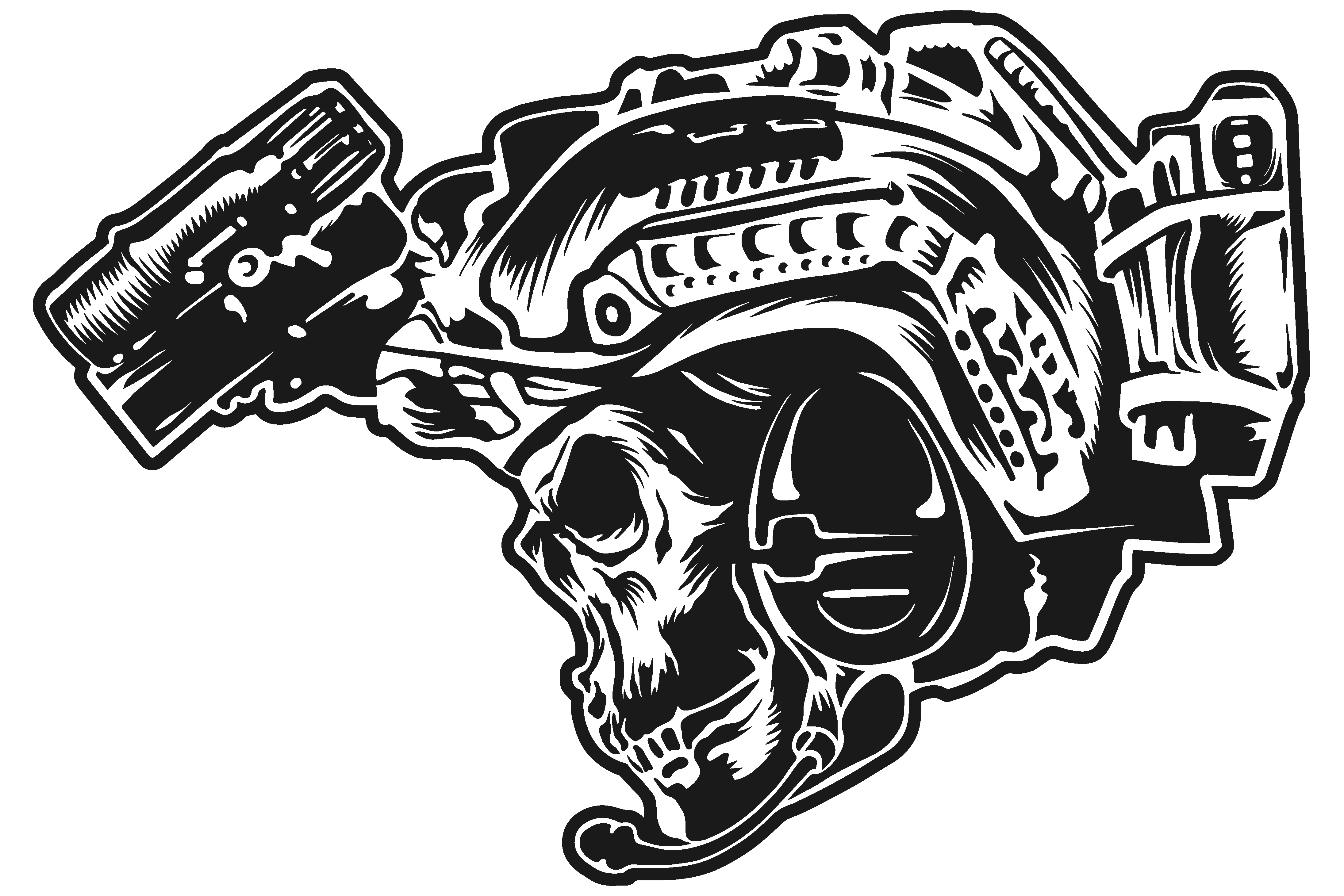
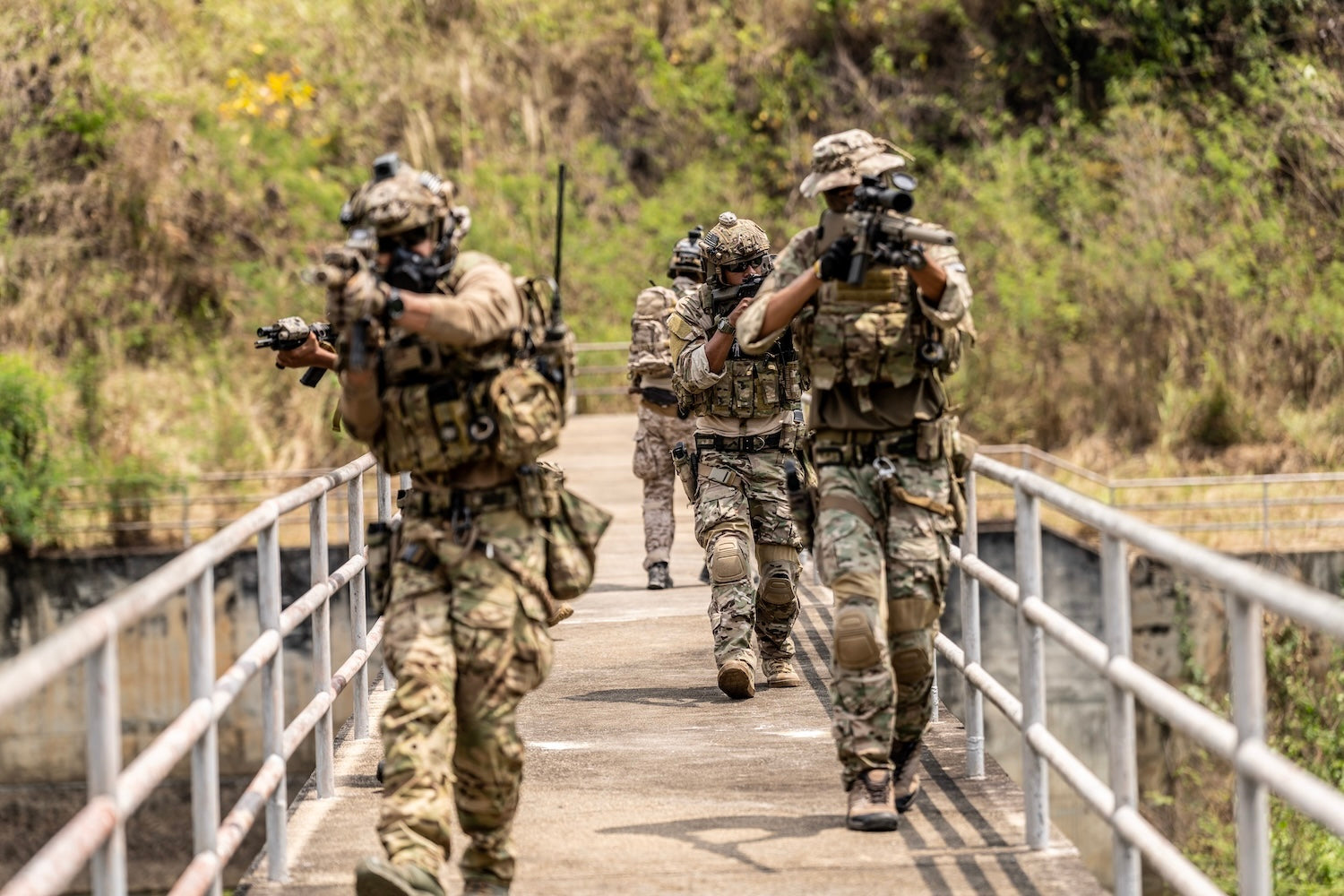
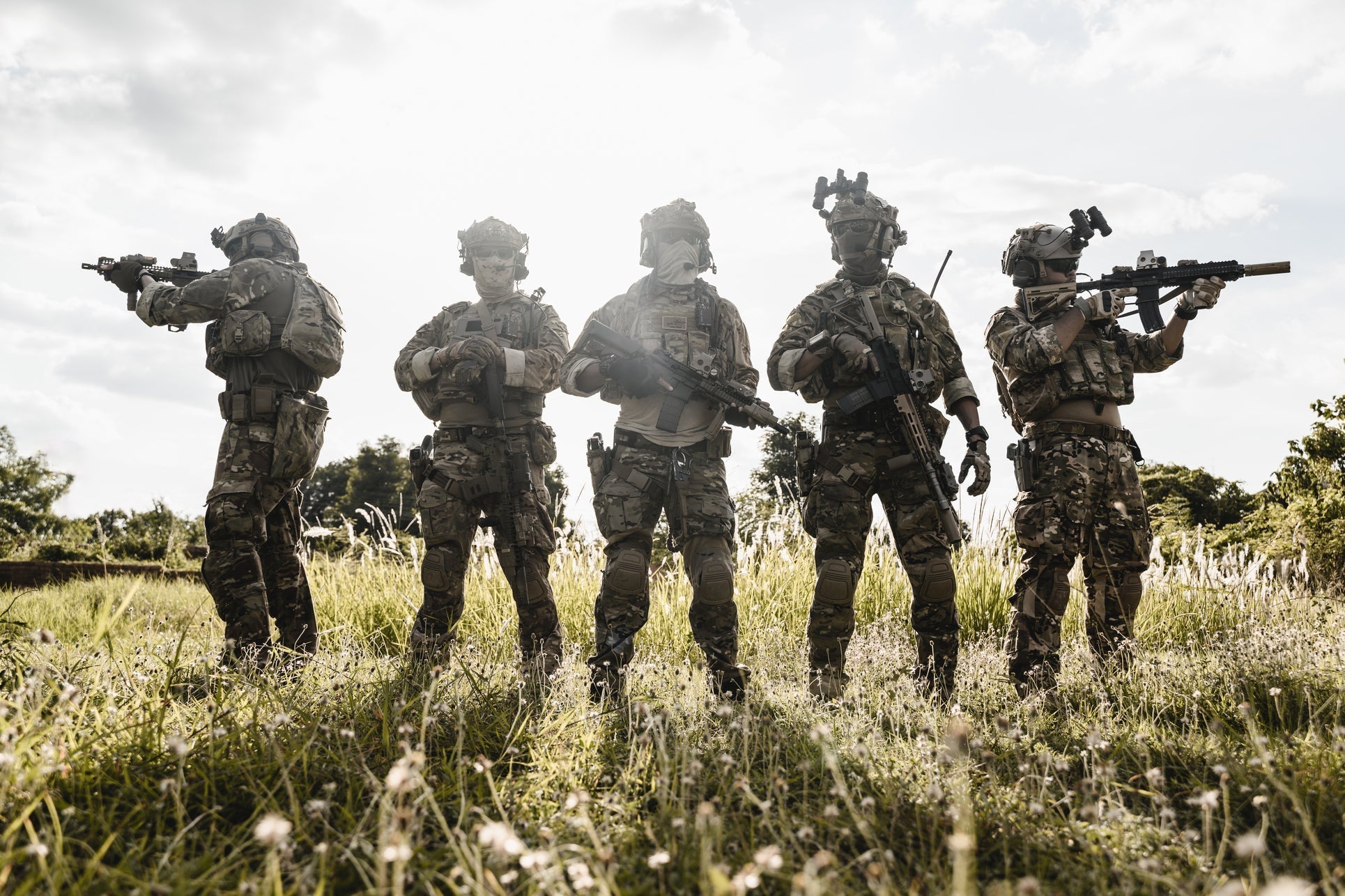



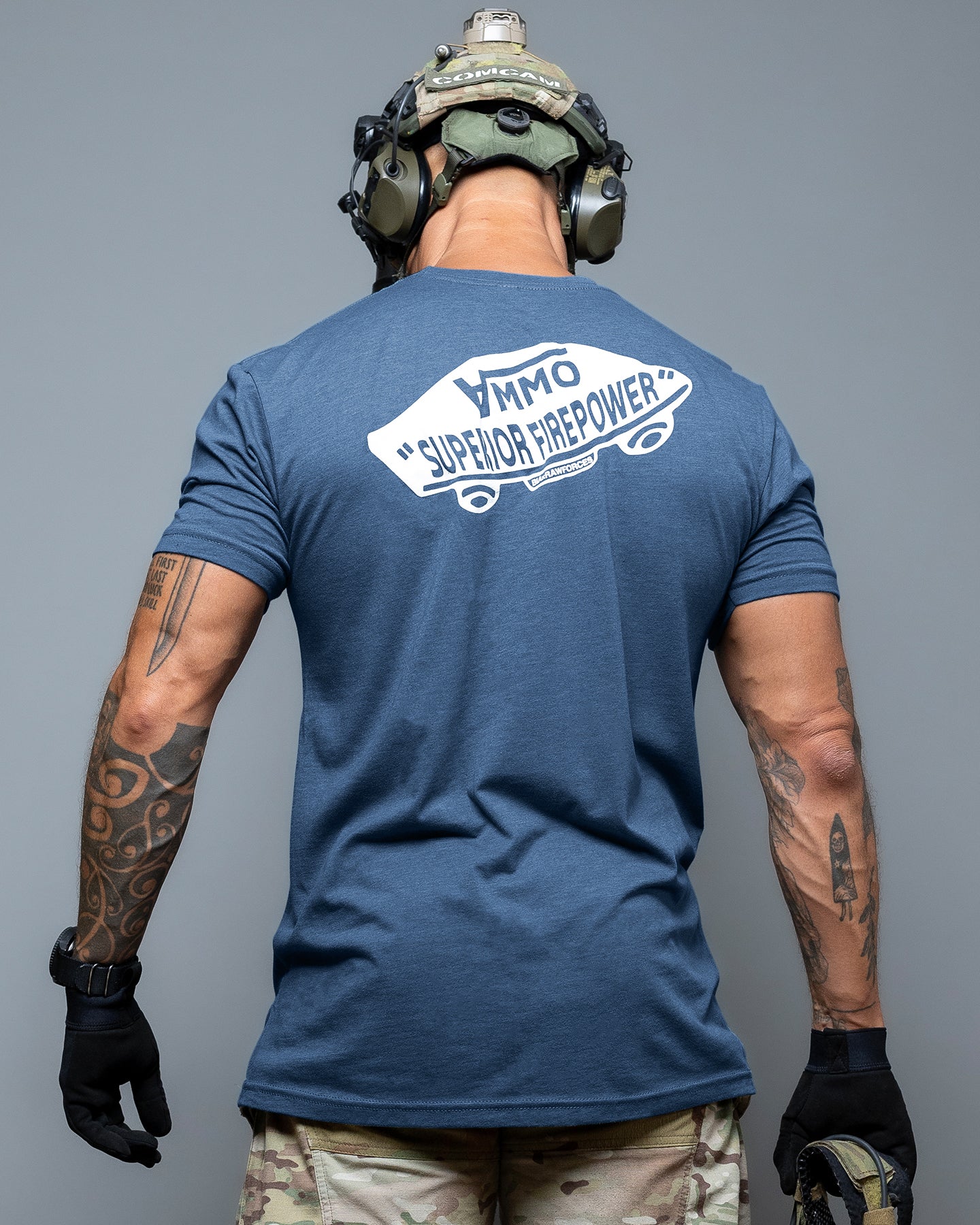
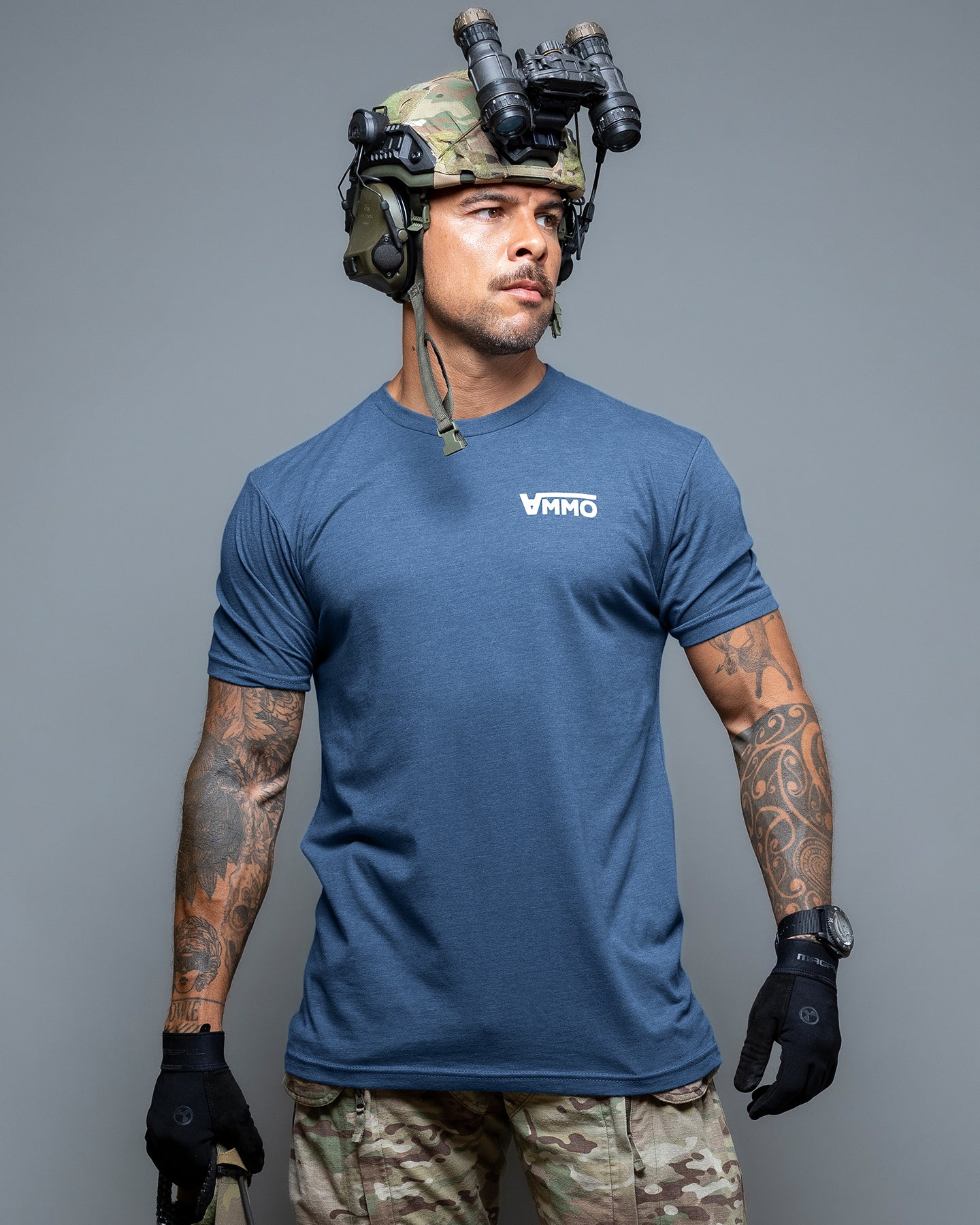




Leave a comment